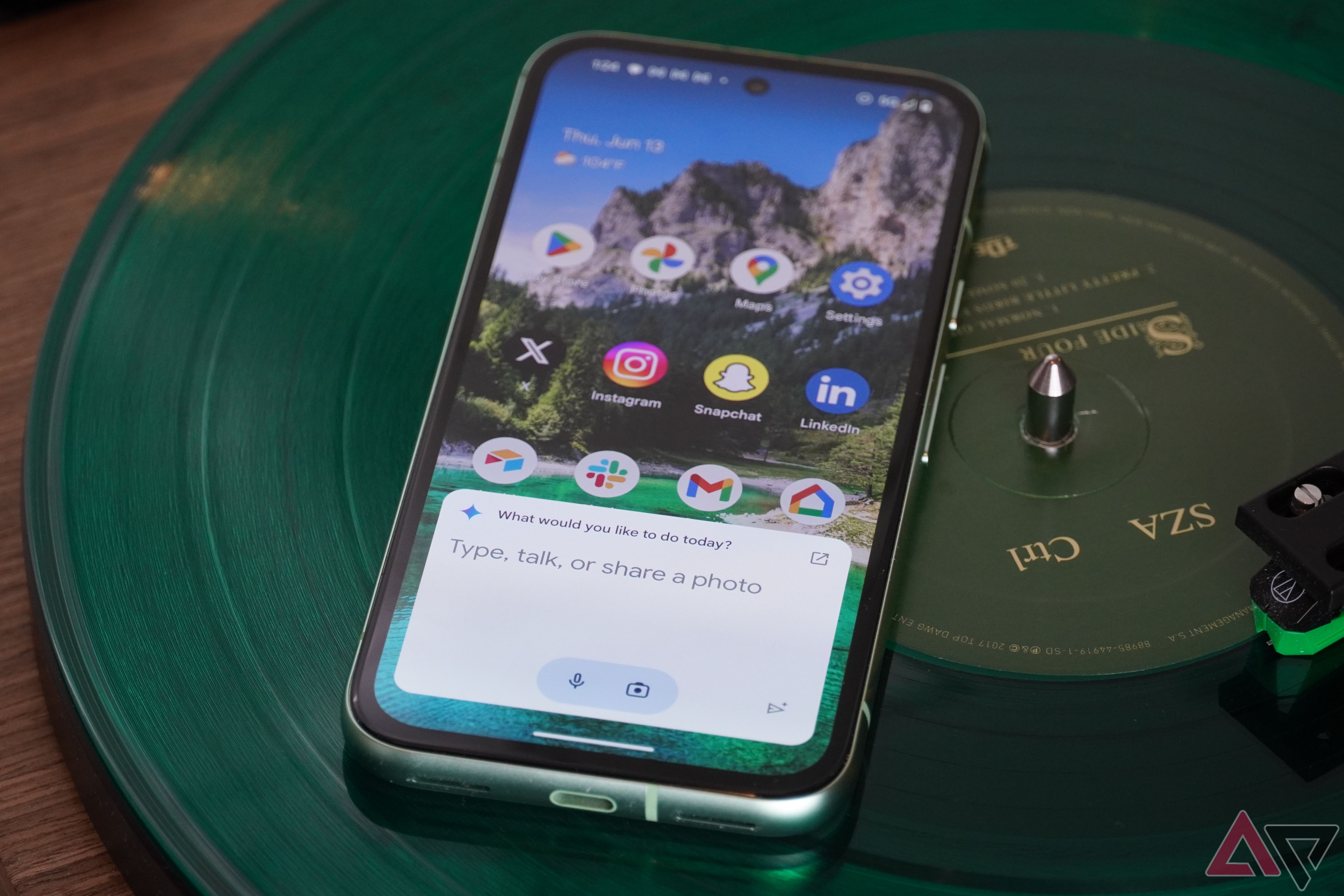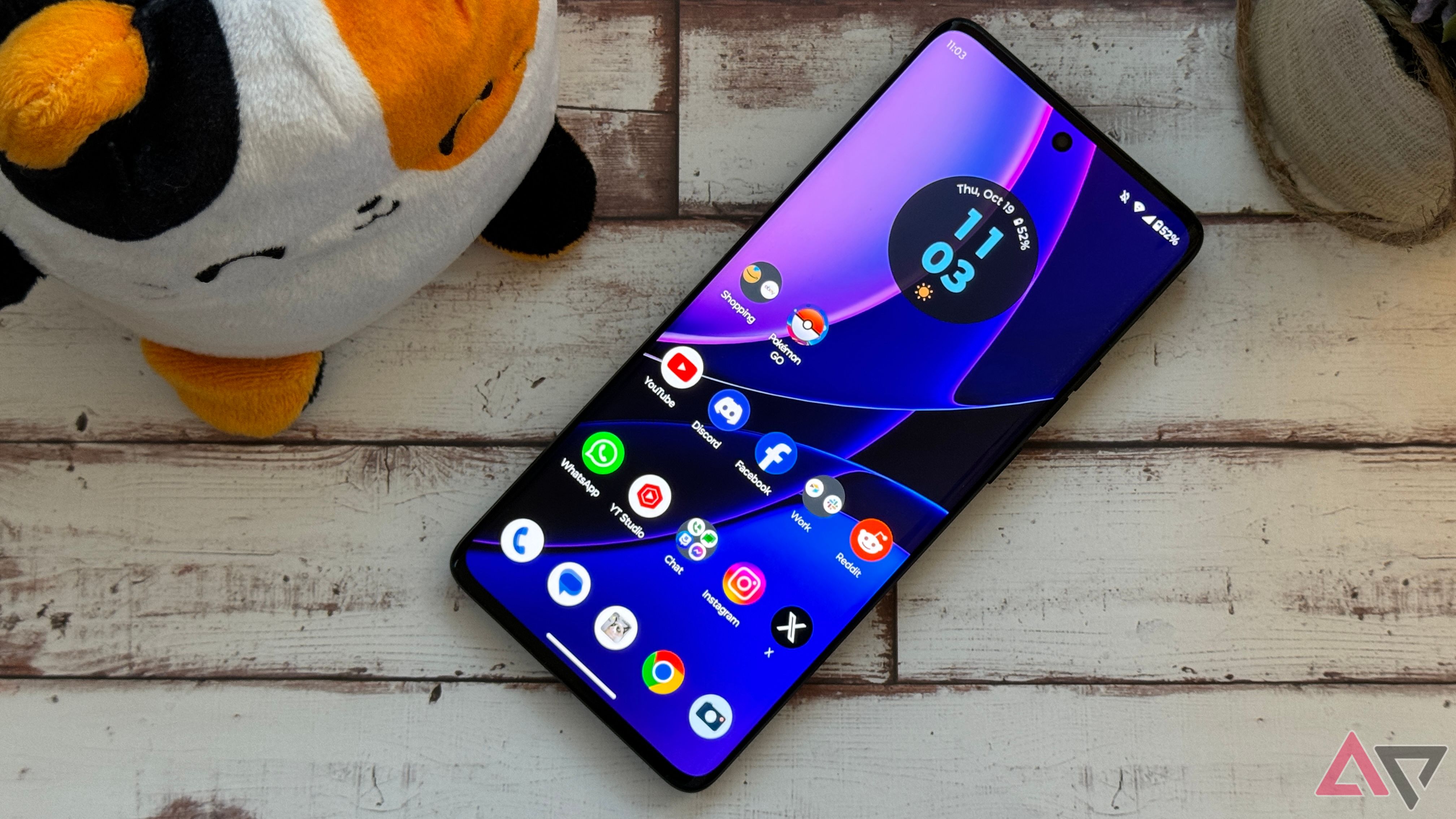It’s hard to quantify how frustrated I’ve been with Motorola over the last few years. We’re desperate for smartphone competition in the United States; Google seems unable to mount a coherent challenge, while LG left us in the middle of the night. And even though some overseas phones are cool, they present a problem for most stateside carriers, leaving us without much choice outside of Samsung phones — again.
Motorola looked poised to offer some hope with impressive new Razr hardware, but the company seems to be plagued by an old nemesis: a lack of software support. At first, I wondered how it could fumble something so basic. Then, another thought crept in: What if it’s banking on people who don’t care about updates? If you want an update, buy the next phone. It saves the company money, and a segment of the public won’t care, but I have grievances.

Motorola’s new Razrs make all the right changes, but I still have concerns
Refined hardware, improved software, and impressive prices might not be enough
Updates aren’t only about security
I want a smooth experience
While timely patches for exploits are appreciated, they’re no longer the only function of software updates. Companies use them to optimize devices over time to keep them running well.
For all its problems, Google did a fantastic job dialing in the first generation Tensor chipset in the year following its launch. The Pixel 6 was a disaster at first, marred by issues with overheating and poor battery life. And even though they couldn’t wash away the initial pain, software updates helped save what could’ve been much worse for owners.
Motorola needs to give us a reason to believe spending upwards of $1,000 on one of its products is a good idea. I understand it’s the 20th anniversary of the Razr, but phone economics have changed slightly in the interim.
Phones are no longer $200 with a two-year contract at a carrier. What was once almost a disposable product is now a major investment for most people. We deserve to have that financial commitment protected, and software updates maintain performance, correct issues, and preserve value when it’s time to trade in or resell.
It’s hard to defend
We’re not seeing the money
An argument for lack of software support could be made if Motorola slashed its prices. If the new Razr+ was released at $800 to contrast the upcoming Galaxy Z Flip 6’s rumored $1,100 price tag, there would at least be a discussion. I still wouldn’t agree, but for casual users who like the styling of the Razr+ and don’t really care about updates, a case could be made.
But we’re not seeing any of that money. Last I checked, I didn’t wake up and put on a Motorola shirt to go to work, and my last paycheck didn’t feature any company branding, so Motorola’s bottom line isn’t my concern. It takes an exquisite lack of self-awareness to deny features for cost-cutting, but still charge full price for your products.
Some might draw a line between Motorola’s aggressive sales throughout the year and the money saved from software updates. Maybe, but devices like the Motorola Edge are overpriced from the start, and the Razr+ (2023) doesn’t have the raw power of the Galaxy Z Flip 5. The company doesn’t get a gold star for bringing product prices down to where they should’ve been already.
It’s been a trend
Motorola wasn’t exactly a straight-A student to begin with
Unfortunately, Motorola has been awful with updates for as long as I can remember. I’m confident my ThinkPhone will get all the promised upgrades, but I’ll most likely be applying for social security benefits when Android 15 hits devices. Promised bi-monthly patches shouldn’t take over 90 days to deliver, and it’s disgusting that buyers have to take to Reddit and other forums to beg for updates after waiting a year or longer.
Motorola’s lack of updates is especially troubling given its announced foray into AI. Moto AI promises to bring various enhancements like Magic Canvas and Style Sync, allowing you to match the theme of your phone to your current outfit. As AI seems to evolve daily, Motorola can quickly find itself behind the curve, quickly lapped by Samsung Galaxy AI and Google Gemini.

Getting started with Google Gemini: The basics of Android’s latest assistant
If you want to give Gemini a try, these tips and tricks will help you out
It should matter to you
And I’ll fight even if it doesn’t
You don’t have to understand or care about how anti-lock brakes work for them to function correctly and improve your car’s safety. Similarly, you don’t have to worry about updates for them to be important in providing a better overall phone experience.
Even if you’re picking up a Razr+ purely for the style, you’re no less entitled to quality software than the hardcore enthusiast ripping through the patch notes when updates are released. If Moto’s not putting that savings back in our wallets, it doesn’t get a pass offering less than the competition for the same money.

I’m a diehard Samsung user, but the new Moto Razr+ has me questioning my allegiance
Even with the Galaxy Z Flip 6 on the horizon







